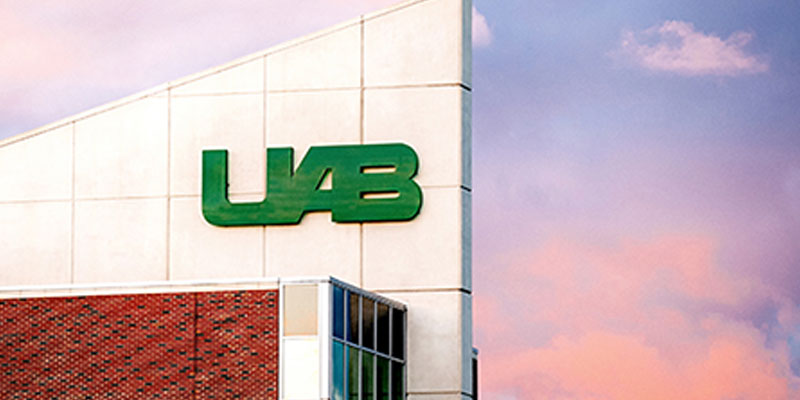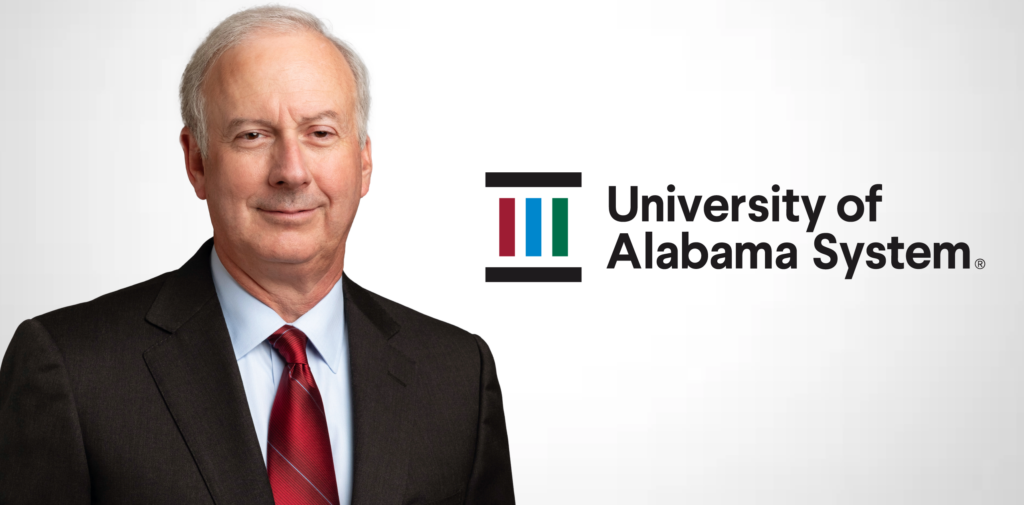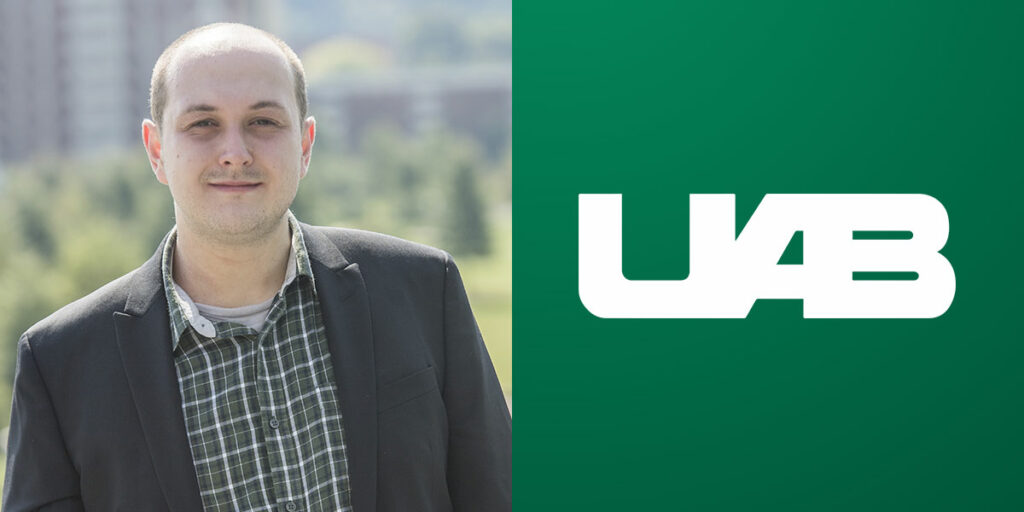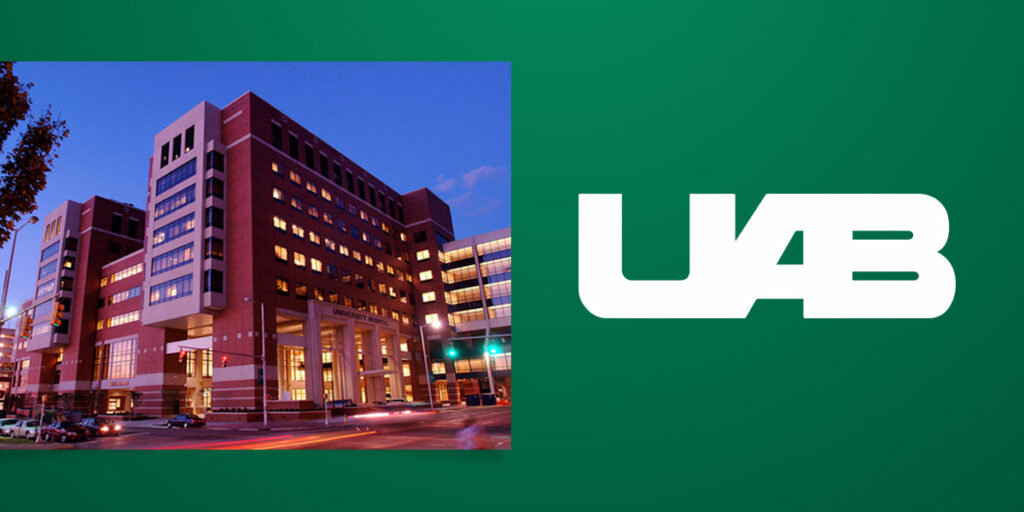When officials at the UAB School of Engineering launched a new Peer Tutoring Lab in late 2019, they had no idea how critical such services would soon become.
The service was established prior to the spring 2020 semester as an in-person tutoring facility in the Education-Engineering Complex. Funded by a grant from Alabama Power, the lab employed several highly qualified students to tutor their classmates in a variety of engineering-related subjects with the goal of increasing retention of freshman and sophomore students.
When the university abruptly switched to remote learning mid-semester because of the COVID-19 pandemic, professors and students alike had to adjust to the changed format.
Luckily, lab director Gregory Myers said, his team of engineering tutors proved surprisingly adept at remote instruction. “I would say that in some ways, it has been an improvement over the face-to-face tutoring we were doing in the spring,” he said. “Our number of tutoring sessions went up, and our tutors not only fulfilled their tutoring obligations, they excelled.”
Having proved its worth during that time of transition, the tutoring lab became a mainstay for undergraduates during the fall semester and is considered a key piece of the dean’s retention strategy.
“Engineering is about solving problems, and talking through problems and solutions with your peers, an instructor or a tutor is an essential part of the learning process,” said engineering Dean Jeff Holmes, M.D., Ph.D., who arrived at UAB on July 1. “I’ve seen firsthand how one-on-one tutoring helps our students, and it is a great example of how industry partners like Alabama Power are helping us ensure that all our students have the support they need to succeed, particularly during COVID, when studying with classmates can be more difficult.”
Highly qualified tutors
The dean’s confidence in the tutoring lab is more than just lip service and much more than just a statement of ideals. Shortly after he arrived at UAB, Holmes asked Myers if he could volunteer as a tutor alongside the students; his shift is on Monday afternoons.
Freshman engineering student Lauryn Johnson uses the Engineering Peer Tutoring Lab and other academic support services across campus. When her first test came back with a failing grade, she says she knew she needed to seek out help.
“I dropped in on a Monday, and Dr. Holmes helped me understand some of the concepts I was struggling with,” Johnson said. “I met with him a couple of times after that, and on my next test, I got a 98. So I was able to improve my grade significantly, but I had no idea he was the dean until my adviser told me.”
Although every tutoring session doesn’t mean a private session with an M.D./Ph.D., Myers says he is proud of the work the student tutors do to help their classmates.
“We certainly try to identify highly capable students to work as tutors, but it might not always be the top students who make the best tutors,” Myers said. “Just as important to me is that the tutor be able to empathize and be patient with the person seeking help. In some situations, the tutors may still be figuring things out themselves, but if that tutor is passionate about the subject matter and is willing to give something back, that’s an ideal situation. And we still have faculty and TAs who can support them when they need it.”
That helpful spirit — and the impact it is having on her academic performance — is what Johnson says keeps her coming back. “I have worked with a variety of tutors, and I’ve never had anyone who got impatient or acted like I should already know something,” she said. “There have been times when I had more than one tutor online trying to help me work through a problem.”
Even though hybrid learning has been effective in many respects, she says the tutoring services at UAB are a key piece to help her bridge the gap created by Zoom lectures. “I think it’s more important than ever to have services like this because of the environment we’re in,” she said. “It’s really hard to not be able to relate to a professor face-to-face in class, to not be able to ask questions in a natural way. If I wasn’t able to drop in to the engineering tutoring lab, I don’t know where I would be right now.”
According to Myers, some of the secrets to the tutoring lab’s success lie in the format. The convenience of dropping in remotely, combined with the tutors’ technological skills with the whiteboard and other Zoom features, proved to be unexpected advantages last spring that have continued this fall. “It has worked so well that even when things return to normal, I suspect we’ll still want to retain some aspects of online tutoring,” Myers said.
(Courtesy of Alabama NewsCenter)













